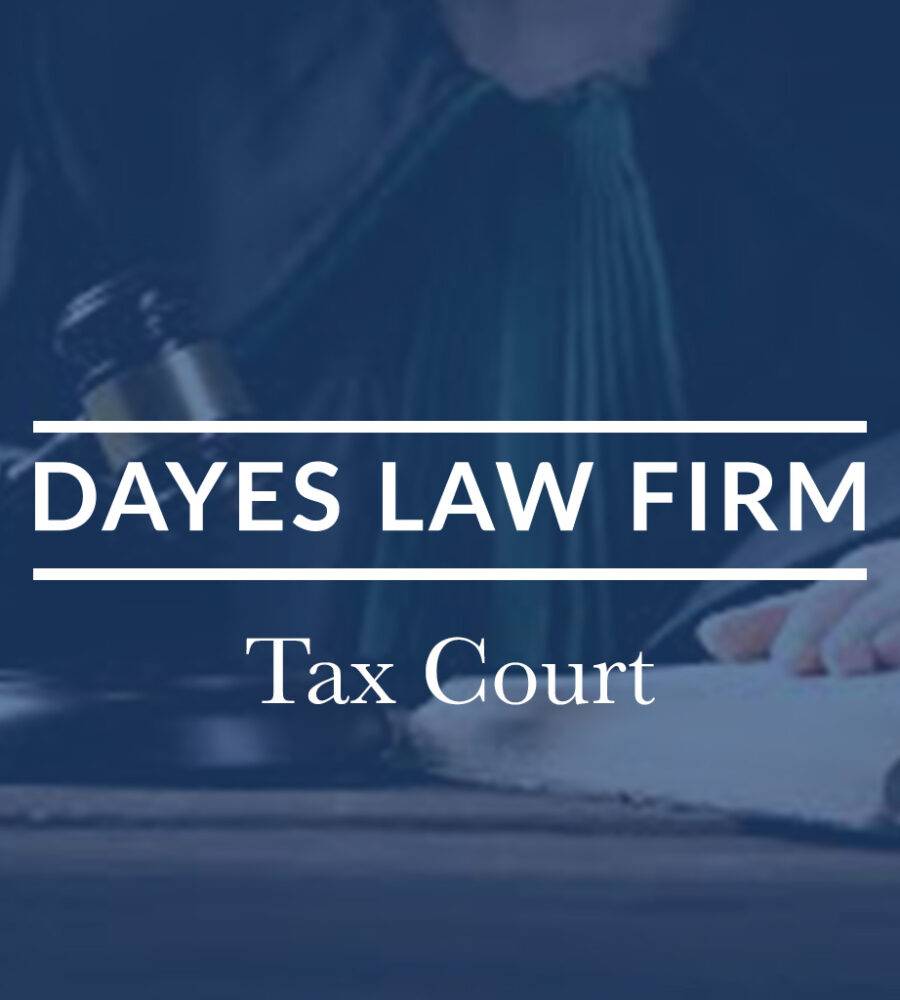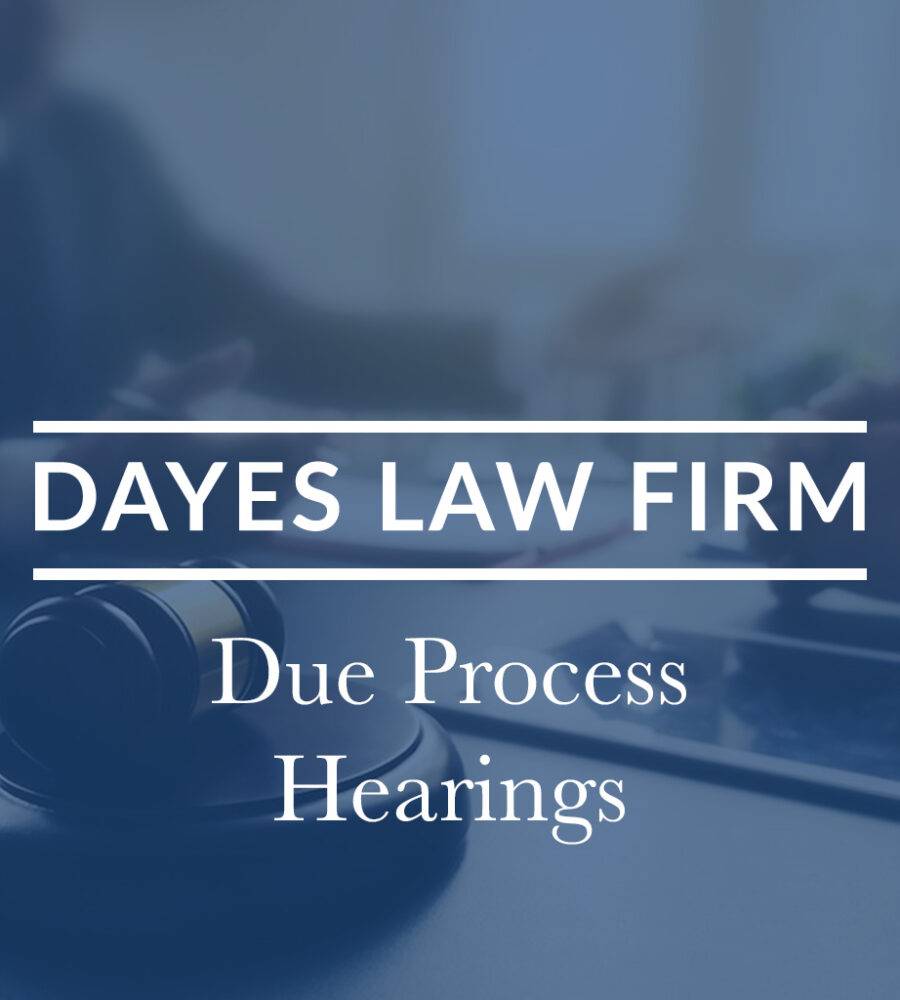Refund Actions / Lawsuits
Recover Your Overpaid Taxes with Expert Legal Assistance
If you believe you have overpaid your taxes or have been wrongly denied a refund, you have the right to take legal action against the IRS. At Dayes Law Firm, our tax attorneys will assist in tax refund actions and lawsuits, helping clients recover the money they are entitled to. Our experienced tax attorneys are here to guide you through the complex process and ensure your rights are protected.
Fill out the form below for your Free Consultation!
Free Consultation
Why Choose Us?
Experienced Tax Litigators: Our team consists of seasoned tax attorneys with a deep understanding of tax law and extensive experience in handling tax refund actions and lawsuits. We are dedicated to achieving favorable outcomes for our clients.
Personalized Strategy: We recognize that every tax case is unique. Our approach is tailored to your specific situation, ensuring we develop a strong and compelling case to support your refund claim.
Comprehensive Representation: From initial assessment to courtroom representation, we handle every aspect of the tax refund process, providing you with expert legal support and peace of mind.
Proven Success: Our commitment to excellence and client satisfaction drives us to deliver successful results. We work tirelessly to recover your overpaid taxes and ensure you receive the refund you deserve.


What are Tax Refund Actions and Lawsuits?
Tax Refund Actions: A tax refund action is a legal process in which a taxpayer seeks to recover overpaid taxes from the IRS. This may involve filing an amended return, submitting a claim for refund, or taking legal action if the claim is denied.
Tax Refund Lawsuits: If the IRS denies your refund claim or fails to respond within the required time frame, you may file a lawsuit in federal court to recover your overpaid taxes. This legal action requires thorough preparation and expert legal representation.
Our Tax Refund Actions and Lawsuits Services
Initial Consultation and Assessment: We begin with a detailed review of your tax situation to determine the validity of your refund claim and the best course of action.
Documentation and Filing: Our attorneys assist in gathering and preparing all necessary documentation to support your refund claim. We ensure that your claim is accurately filed and complies with all IRS requirements.
Negotiation with the IRS: We represent you in all communications and negotiations with the IRS, advocating for the approval of your refund claim.
Litigation: If necessary, we file a lawsuit in federal court to pursue your refund. Our experienced litigators will represent you throughout the legal process, presenting a strong case on your behalf.
Ongoing Support: Throughout the process, we provide continuous updates and guidance, ensuring you remain informed and confident in the steps we are taking to recover your overpaid taxes.
Questions? Dayes Law Firm Has The Answers
A Refund Action is a lawsuit filed against the USA where a taxpayer asks to be refunded the taxes that they have previously paid or if the IRS has not processed a claim for refund after 120 has elapsed.
The IRS is not supposed to retaliate against a taxpayer for taking legally protected actions. Filing a Refund Action for most taxpayers is simply the next step in the process if there is a dispute in the amount of taxes owed. While it is scary to file a lawsuit against the federal government, these lawsuits are not something to be afraid of as long as the taxpayer obtains counsel that can explain the risks involved.
IRC § 7422 governs Refund Actions. First a claim for refund must be made. This can be as simple as filing an amended tax return or filing a Form 843, Claim for Refund. If the IRS denies the refund, the taxpayer can potentially file a Refund Action. If the IRS does not respond to the refund claim within 6 months the taxpayer can potentially file a Refund Action. In addition, the claim for refund must be for a valid reason in order to be successful.
Filing an IRS refund suit involves certain risks, including legal expenses, the possibility of an adverse court ruling, and potential delays in resolving the matter. It’s crucial to weigh these risks carefully and consult with a qualified attorney before proceeding with a refund suit.



